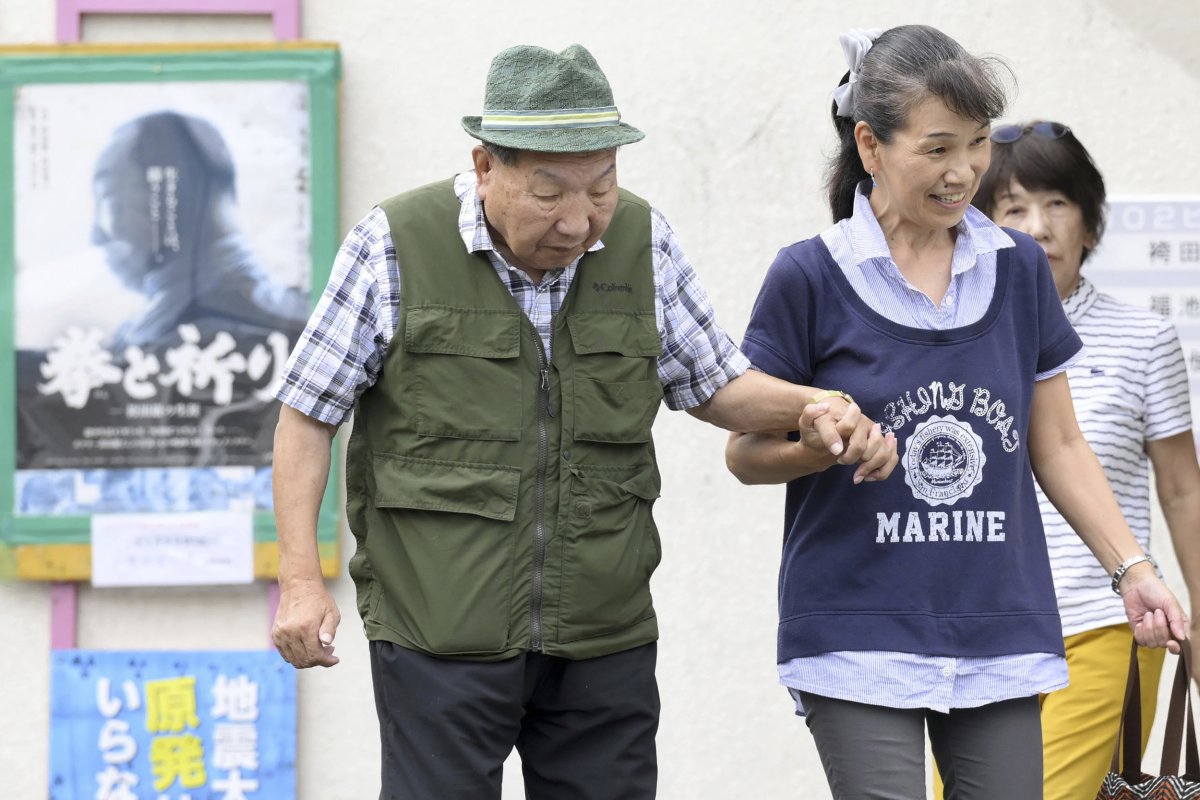World’s Longest-Serving Death Row Inmate Acquitted In Japan
More than 50 years after being found guilty of murder in 1968, the man who had been on death row for the longest time in history was declared innocent by a Japanese court on Thursday. Ten years ago, Iwao Hakamada, an 88-year-old fighter, and his supporters requested a retrial, and the Shizuoka District Court found him not guilty. Judge Koshi Kunii declared, “The defendant is found to be innocent.”

Due to his fragile health, Hakamada was not in court, but his 91-year-old sister Hideko, who frequently speaks on his behalf, made multiple deep bows to Kunii. Hakamada had been on death row for 46 years after being found guilty of the murders of his boss, the man’s wife, and their two teenage daughters. He was released from prison in 2014 pending a retrial. Over time, however, concerns about falsified evidence and forced confessions surfaced, drawing criticism to Japan’s legal system, which they claim keeps suspects “hostage.”
At the Shizuoka District Court, hundreds of people had gathered early in the morning in an attempt to get a seat for the much-discussed murder case. Hideko had told reporters in July that “for so long, we have fought a battle that has felt endless.” But I think we’ll get it resolved this time. With widespread public support, Japan is the only significant industrialized democracy outside the US to maintain the death penalty.
According to his primary attorney Hideyo Ogawa, Hakamada occasionally appears to “live in a world of fantasy” following decades of imprisonment, the most of which he spent in solitary confinement. Hakamada highlighted his continuous fight for an acquittal in an interview with AFP in 2018, stating that he felt like he was “fighting a bout every day.” He stated, “There is no path to victory once you think you can’t win.”
Outside the court, the backing of HakamadaWearing a T-shirt that read “Free Hakamada Now,” Atsushi Zukeran told AFP that he was “absolutely certain he will be acquitted” because of his concerns about the evidence. However, Zukeran stated that “part of me wouldn’t be able to celebrate the acquittal entirely” due to how long the scandal has carried on and Hakamada’s constant insistence on his innocence. He went on, “His case serves as a painful reminder of how Japan’s criminal justice system needs to change.”
Hakamada’s supporters battled for decades to get the case reopened even after the Supreme Court upheld his death sentence in 1980. A pivotal moment occurred in 2014 when Hakamada was freed from jail and a retrial was approved on the basis that the prosecution might have fabricated evidence. Due to legal wrangling, which included pushback from the prosecutors, the retrial was not started until last year. After what he later described as a violent police interrogation that included beatings, Hakamada confessed to having robbed and killed the victims.
A key piece of evidence in the prosecution was a set of bloodstained clothing that were discovered in a tank of miso, or fermented soybean paste, one year after the 1966 killings. These clothes were used to implicate Hakamada. The crimson stains on the clothing, according to the defense, were too vivid to be a setup, but the prosecution insisted that the color was realistic based on their own tests. Death penalty inmates in Japan receive notice of their impending hanging only a few hours beforehand. In December, there were 107 inmates awaiting execution of their death sentences. It’s always accomplished via hanging.


Comments are closed, but trackbacks and pingbacks are open.